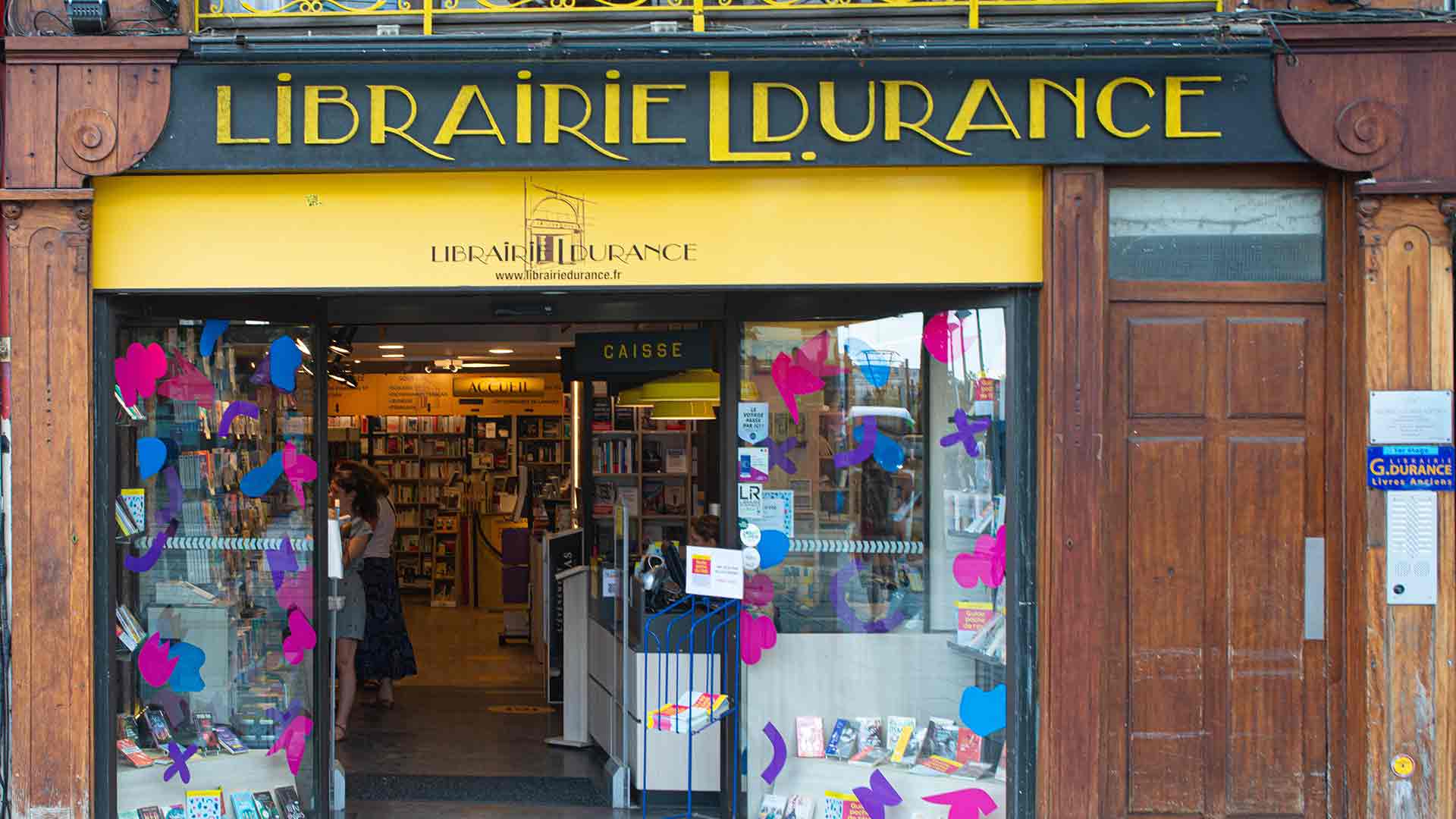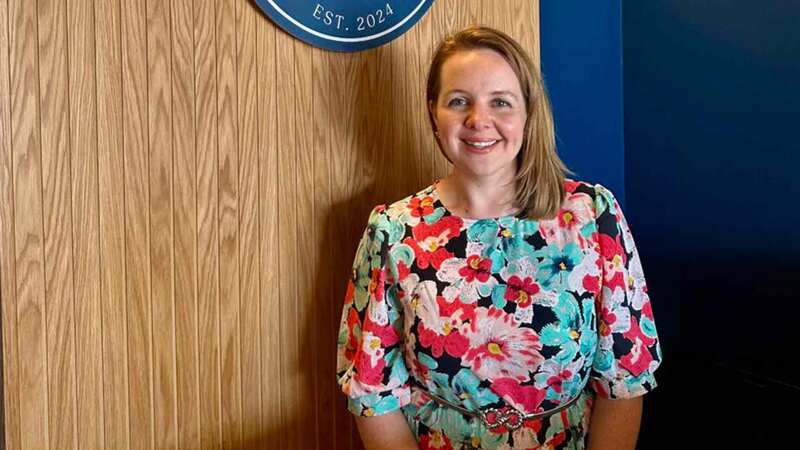You are viewing your 1 free article this month. Login to read more articles.
French independent booksellers face bleak year ahead, according to new study
A study presented at the French Booksellers Association biennial conference in Strasbourg revealed that profitability will drop for medium- and small-sized booksellers over the next 12 months.
The outlook for independent booksellers in France looks bleak for this year and next, according to a study presented at the recent French Booksellers Association (SLF) biennial conference in Strasbourg.
The study, carried out by market research firm Xerfi, predicts that profitability for large outlets should remain stable at 1.7% in 2025, but should drop from 1.6% to 0.8% for the medium-sized and report a loss of 1.3% for the small ones.
To offset rising costs, booksellers must increase sales by between 5.3% and 8.2% in 2024-2025. But "this appears extremely unlikely to happen because of stagnating readership and a loss of buying power," SLF vice-president Amanda Spiegel told The Bookseller. If nothing is done, most indies will be in the red within two years, she added.
"The urgency of the situation prompts us to launch a new call (for action) to publishers and the government," SLF president Anne Martelle told the 1,200 conference delegates during her opening speech on 16th June.
A minimum discount to small booksellers should be 36% for all, she added. Madrigall (owner of Gallimard and Flammarion), Editis, Actes Sud, the Ecoles des loisirs and others have introduced the standard rate, but Hachette Livre and Media Participations have not yet followed the example.
After a buoyant year in 2021, sales of print books in France declined by 3.5% in real terms in 2022 and 1.7% in 2023. Sales rose in nominal terms over the period due to increased prices, but these were still lower than the rate of inflation.
Despite the problems, bookselling has "without doubt never been as attractive" as it is now, Martelle said.
Almost 600 new shops have been created in France in the past five years, and growing numbers of young people are applying for places at the booksellers’ school, the Ecole de la librairie.
Figures show that more than half of the new bookshops are in villages and small towns with fewer than 20,000 inhabitants.
The purveyor of the Xerfi study had some further good news. The failure rate for booksellers is "exceptionally low", Jeremy Robiolle, Xerfi development director, told The Bookseller. Last year, shops with at least one employee going into liquidation or receivership came to only 1.1% of the total, compared with 2% to 2.5% for other retailing sectors.
This is a big difference from the last severe downturn in 2014, when fallout from the 2008-2009 subprime crisis hit retailing and services hard.
"There was a net loss of 140 bookshops in France between 2012 and 2018," Robiolle said. This compares with a net creation of 200 between 2018 and 2022 despite the pandemic, which brought the total number with at least one employee from 2,391 in 2012 to 2,456 in 2022, he added.
The gloomy forecast comes as France braces for a snap two-round general election on 30th June and 7th July, where the National Rally (RN) party is tipped to win a majority in the lower house of the French Parliament.
Marches and protests against this prospect include a petition signed by authors, illustrators, publishers and others involved in the world of books on change.org calling for voters to prevent the RN from winning the ballot. By June 24, the petition had attracted 2,365 signatories.
A sign of the tensions as the election campaign gets underway is the vandalised window of Le Petit Pantagruel, a children’s bookshop in Marseilles, the online publication ActuaLitté reported. The shop window displayed signs promoting anti-racist and anti-fascist books.
The SLF has two demands for the future government: to maintain the Culture Pass for young people, which last year represented 2.6% of bookshops’ sales, and to reduce the discount on book sales to libraries from 9% to 5%, said Spiegel.
This is the same as allowed to individuals under the 1981 fixed-price law. It would cost local authorities €6m a year, but would add 1% point to booksellers’ margins.
















